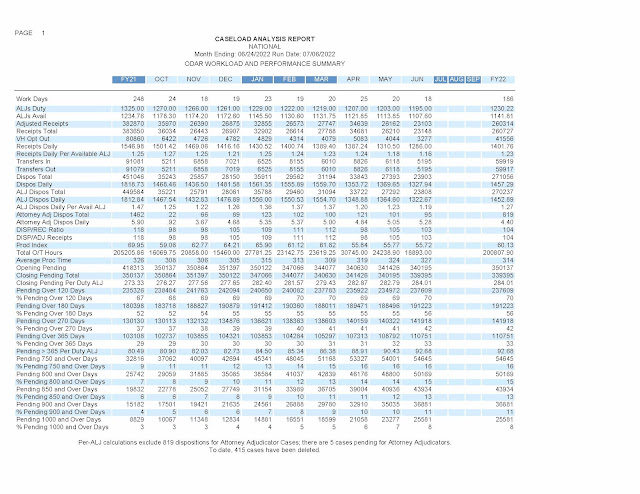In recent years many have decried Social Security's reliance on old mainframe computers running programs written in the very old COBOL language. Many have thought this to be a major problem holding back progress at Social Security. As this New York Times article demonstrates, maybe using COBOL isn't bad at all. At the least, COBOL remains in common use:
Caitlin Mooney is 24 years old and infatuated with technology that dates to the age of Sputnik.
Mooney, a recent New Jersey Institute of Technology graduate in computer science, is a fan of technologies that were hot a half-century ago, including computer mainframes and software called COBOL that powers them. That stuff won’t win any cool points in Silicon Valley, but it is essential technology at big banks, insurance companies, government agencies and other large institutions.
During Mooney’s job hunt, potential employers saw her expertise and wanted to talk about more senior positions than she was seeking. “They would get really excited,” Mooney told me. She’s now trying to decide between multiple job offers.
The resilience of decades-old computing technologies and the people who specialize in them shows that new technologies are often built on lots of old tech.
When you deposit money using your bank’s iPhone app, behind the scenes it probably involves computers that are the progeny of those used in the Apollo moon missions. (Also, half-century-old computer code is baked into the iPhone software.)
It’s often seen as a problem or a punchline that so much musty technology is still around. But it’s not necessarily an issue.
“If it ain’t broke, don’t fix it,” joked Ellora Praharaj, director of reliability engineering at Stack Overflow, an online forum popular with tech workers. “Students out of school these days don’t necessarily want to work in uncool older languages. But the reality of the world is this is what powers many of our existing systems.”
Praharaj said she learned COBOL in college in the mid-2000s and “hated it.” But until about five years ago, she was regularly using a 1950s computer programming technology called Fortran in a former job in the financial services industry. The old stuff is everywhere.
Latin is dead, but old computer programming languages like COBOL live on. ...



